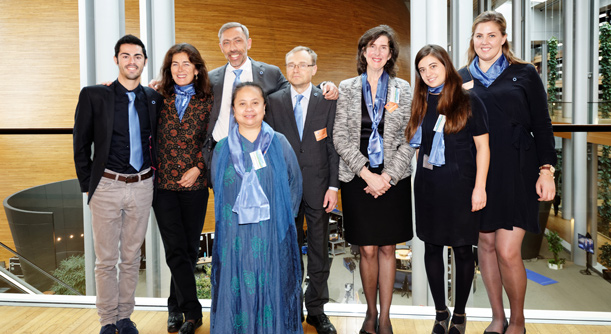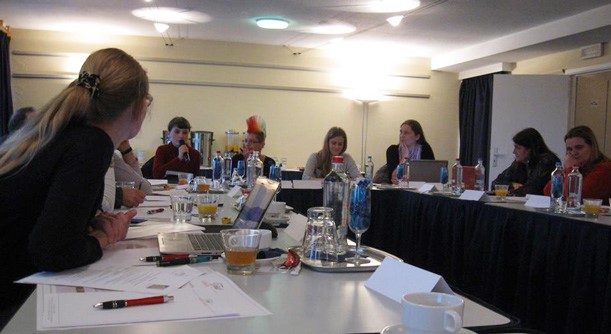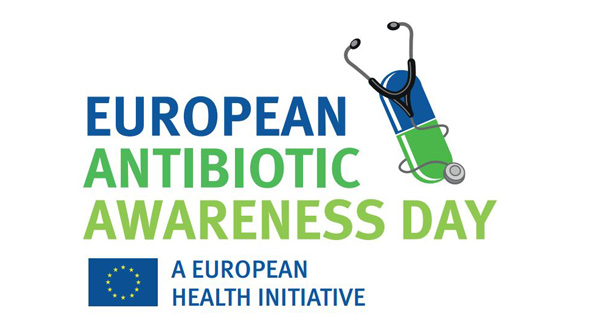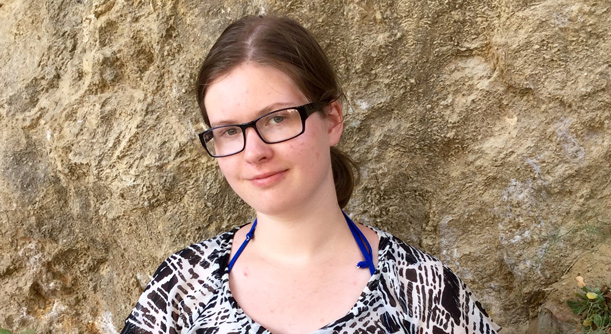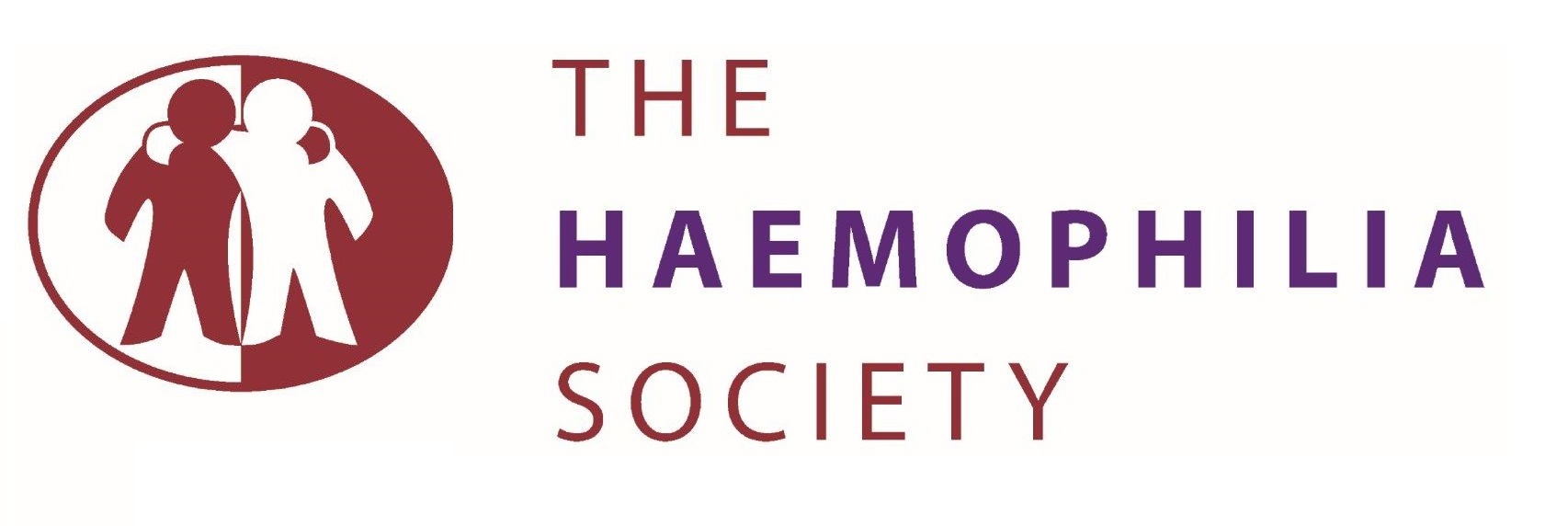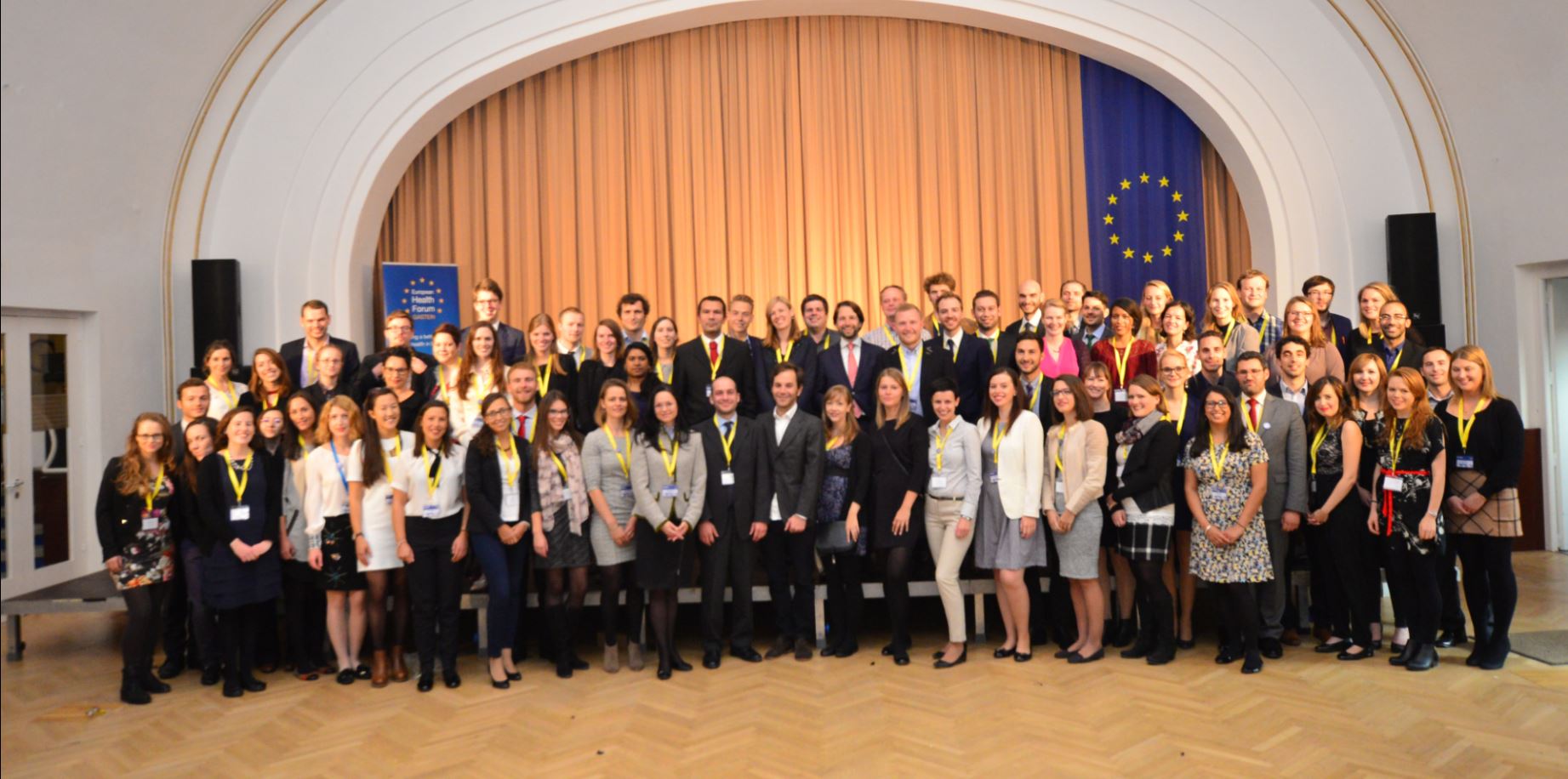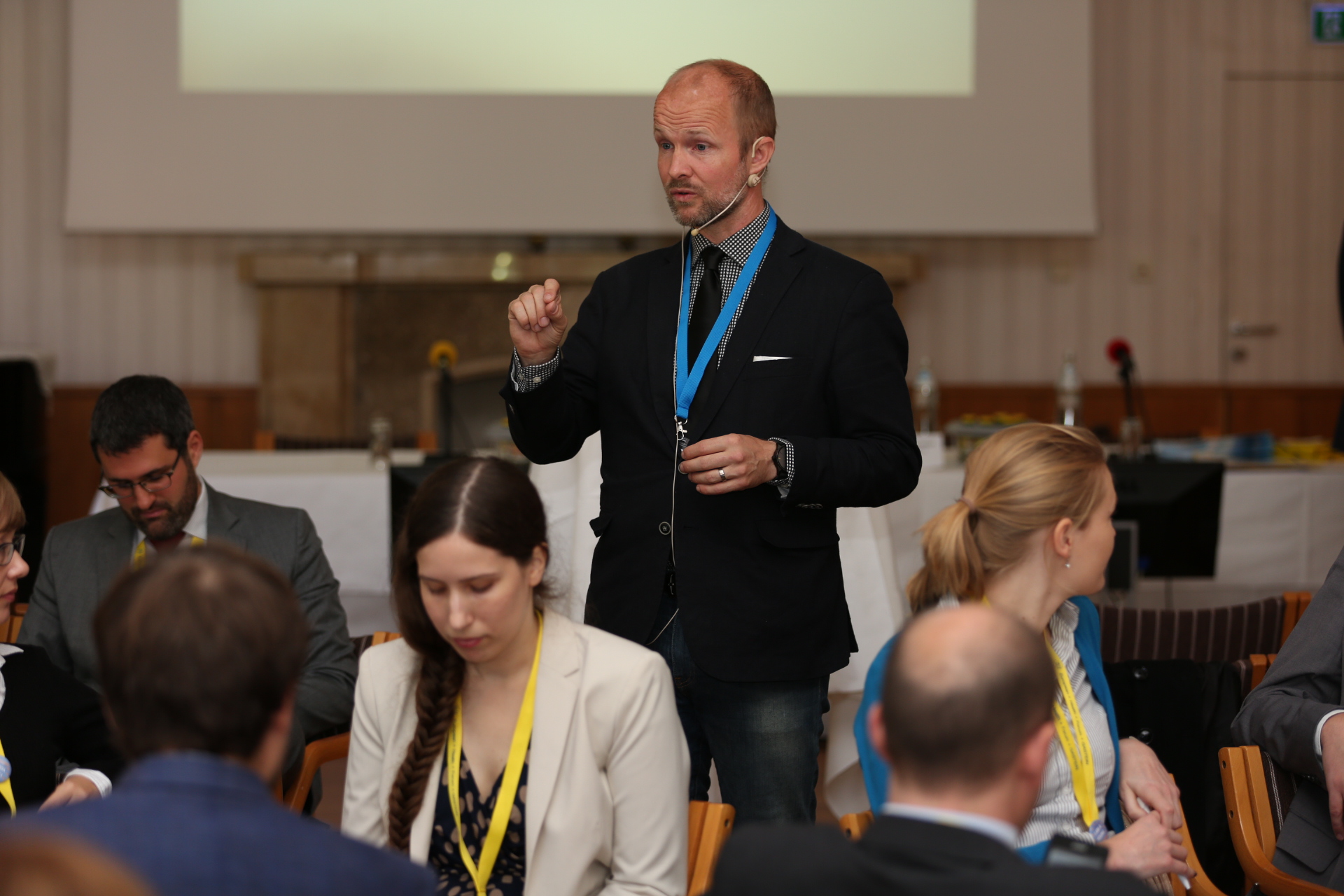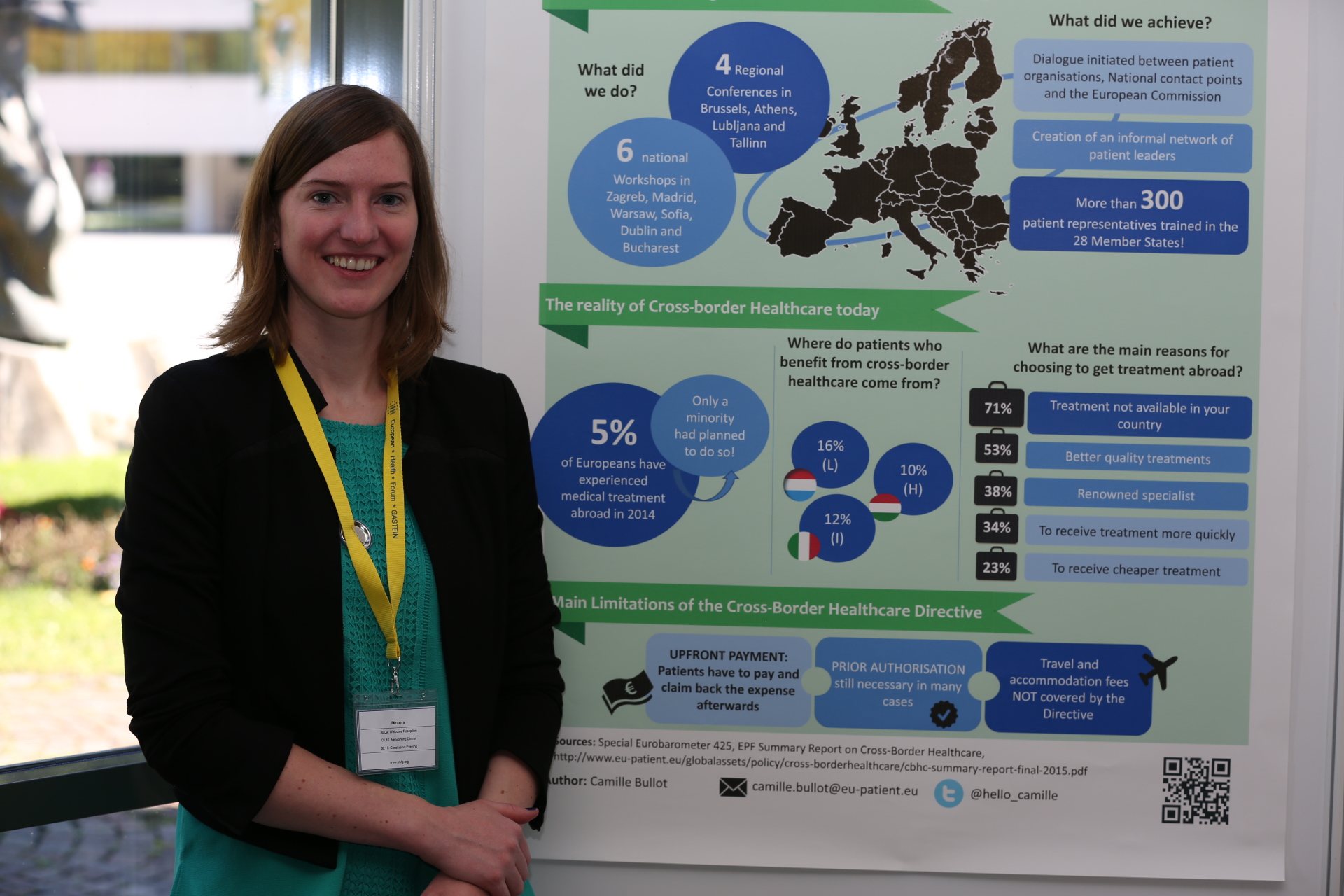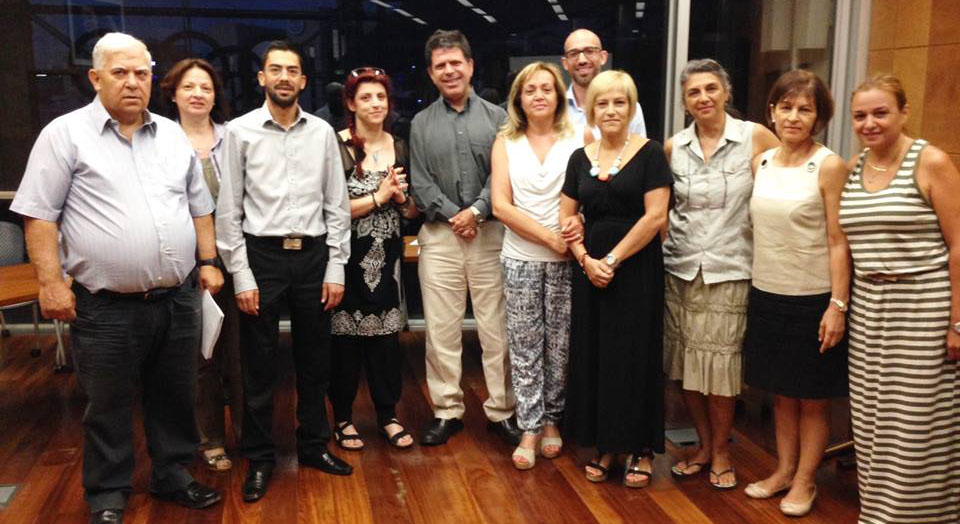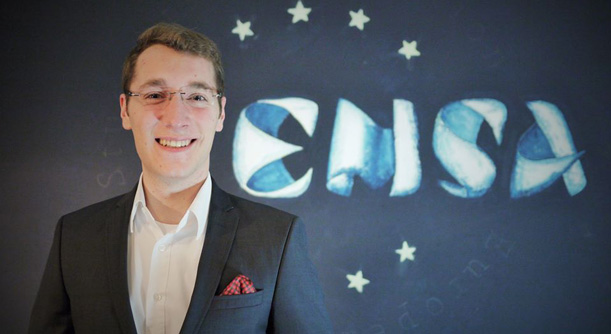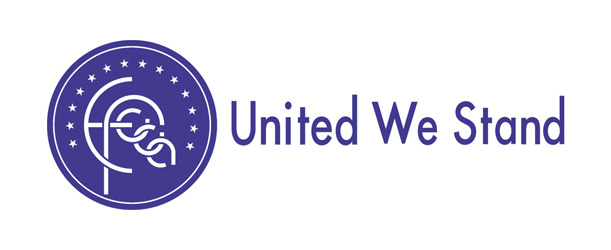My name is Anna, I am 26 years old and I come from Italy. I also have Multiple Sclerosis (MS).
MS is a neurodegenerative disease affecting the central nervous system causing physical disabilities as well as cognitive impairments. I was diagnosed with MS about four years ago, just after I came back from my Erasmus year in Germany. At the time in my life, I could not have been happier about my future.
Like many others, my diagnosis arrived out of the blue and acceptance has been anything but easy. When you live with a chronic condition you have to deal with many difficulties; the disease does not only affect the people who live with it but everyone around them. Family and friends are 100% involved. Thanks to these amazing people who give me strength, support me in the darkest moments, and push me to pursue my dreams and goals, I have been able to live life as normally as possible.
However, it is still challenging to include MS in my life and it’s very hard for me to accept some limits imposed by the disease. Sometimes I do think that MS is a part-time job! In the last few years, I strove to include the disease in my everyday life, planning every single day and activity according to treatment schedule and medical examinations.
Despite that, I can say that MS is an ‘all-inclusive’ package: on the one hand, the burdens that come with this condition are heavy to digest, but on the other hand opportunities are always around the corner. MS taught me to take life as it comes and be grateful for the little things that it offers. Without MS, I would have never met so many inspiring people who live the disease with a smile, clear determination, and composure. Currently, I am involved in the activities of the national patient organisation and I have also joined the Believe and Achieve programme implemented by EPF member, the European Multiple Sclerosis Platform (EMSP). The programme aims to provide young people with MS with the opportunity to work in supportive environments. Personally, this internship has been the most important professional experience so far and it has been a unique opportunity for me to engage in a dynamic working context.
I believe this is a great example of what is defined as patients’ empowerment: it allows me to take control over what I deem essential in my life: work. I am a strong supporter of the right to employment among young patients, as it gives a sense of social purpose and self-esteem. Unfortunately, this exciting experience is coming to an end but I’m ready for new ventures – and being a member of the EPF Youth Group is certainly one of them.

